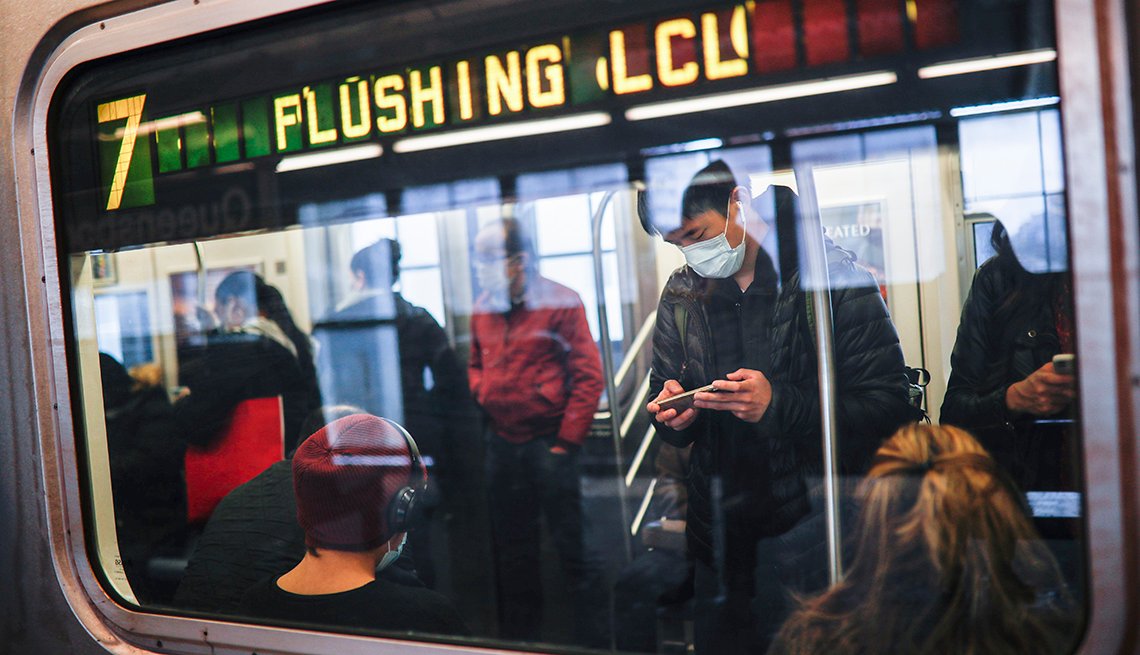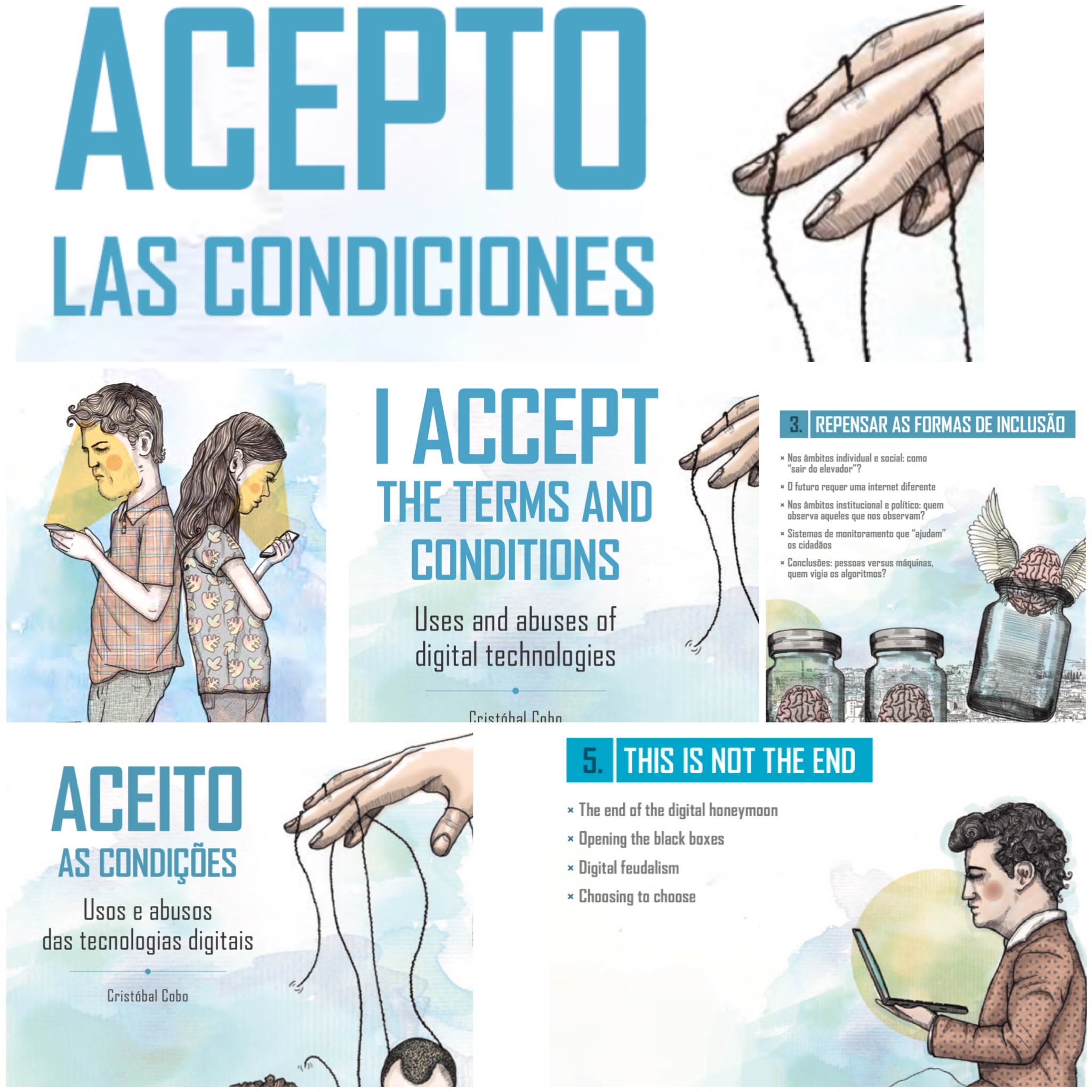We are heading towards a new digital divide

This year is closing with a strange sensation. The global consequences of the pandemic have produced so much pain and we all look forward to receiving better news in 2021. There’s little doubt, that without the Internet this pandemic would’ve been completely different for many of us. Despite the difficulties associated with having to lockdown, technologies have allowed us to keep working, connecting to each other, having access to services and critical information to (more or less) keep our life going on.
When reflecting on how embedded digital technologies are in our daily life, the end of 2020 is presenting a complicated puzzle. Some of the news we read these days resonates with episodes from Black Mirror (or more recently from The Social Dilemma). Here are mentioned a few examples or trends that might continue evolving during 2021. It is quite likely that these trends might develop at different speeds, but they all unfold in a similar direction: digital technologies amplify information asymmetries creating new manifestations of a much more complex digital divide.
☞ Economic Dependency: Remote working has made even more evident the increasing dependency on digital platforms from the US that we use to keep our whole life going on ☞ Only when Google services crashed for a few hours, many users realized how heavily dependent is our (personal/professional) life from the services and platforms provided by big tech companies.
☞ Cybersecurity: One of the more critical vulnerabilities in the system is cybersecurity. No matter how much money governments can invest in reducing vulnerabilities in the system, there is always a way of hacking their digital infrastructures ☞ The recent massive hacking (still unfolding) in the US is just a clear expression of that.
☞ Automation of Tasks: Increasing displacement of blue collars workers, which in many cases have proved to be nonessential during the pandemic ☞ Remote service delivery or automation of Gig economy, a topic discussed by Éric Sadin (+), among others (there is a proliferation of books aiming to educate readers about these matters).
☞ Lack of algorithmic transparency: Although artificial intelligence didn’t help us to get out of this pandemic mess, automatization and algorithmic-based decision made during the pandemic are increasingly gaining prominences ☞ The controversial algorithmic scores predictions with negative implications for UK students is a textbook example of that. ☞ A more domestic example is noted by colleagues from the University of Auckland when explaining the growing use of grammar-checking tools (a great site on this topic). They suggest that these robotic writing aids remain awkward, limited, and often clueless (and users need to use them with a critical eye).
☞ The capitalism of surveillance (Zuboff): The already unprecedented concentration (monopoly and dominant position) of the digital market in a handful of companies > Federal government and states in the US are starting to take actions, but it’s still unknown how long it is going to take to disrupt the level playing field, where the winners take all. Some experts indicate these disputes can take years (therefore is still too early to know what the outcomes will be). Facebook + Instagram + Whatsapp can be an example. The lawsuit against a maintained monopoly power over the internet-search market through anti-competitive contracts and conduct.
☞ Under control: Tracing apps deployed or adopted by governments and big techs present severe threats and have seriously diminished the already fragile data privacy of citizens ☞ However, we have learned that privacy is not only an individual task but it’s a collective responsibility. Privacy is as collective as it is personal (Privacy is Power, Véliz). ☞Apple and Google partner on COVID-19 contact tracing technology. If you think you already saw everything, please don't miss the (video) TraceTogether Token from Singapore Govt.
☞ Automation of inequality (Eubanks): An increasing awareness-raising about how digital systems work. Little by little, users are acknowledging that digital companies implement platforms that tend to replicate pre-existing bias. In the digital world, women, black people among other groups are systematically mis- or under-represented ☞ Although there are emerging trends suggesting an increased awareness, it still looks like a threat only for early adopters" (elite?) communities. There’s still a long way to go in order to have a societal conversation about this. ☞ Google fired (and rehired) a Google AI ethics researcher (black and woman) who criticized the company’s lack of diversity. ☞ Computers are worse at recognizing women and people of color than white men (don't miss the new movie Coded Bias).
No doubt, this is a subjective selection of trends/news. These press clippings might help us to understand how important is (and will be) to understand the transactional cost of our digital life. The pandemic has accelerated the role of technologies. Perhaps changes in our mindset and behaviors will be needed. To what extent we understand the old and new vulnerabilities that emerge in the digital society? No need to say that this message shall not be oversimplified as a call against all digital technologies. This is a call-to-action to be critical and to be alert. Citizens will still need to protect themselves in smart cities (I prefer smart citizens before smart cities).
The only contribution that I can make is to encourage decision-makers, educators, technology developers, influencers, and parents, in general, to think a little bit deeper on how to better prepare for these socio-technical agenda ahead in the near future (which I fear might disproportionately affect those who are more vulnerable).

⊕⊕⊕
For me, 2020 started with the English translation of my book ("I accept the terms and conditions: uses and abuses of digital technologies"), with the support of IDRC. Now, right before the ending of this year, I am happy to report that the book has been already translated into Portuguese (recently launched), with the support of Fundacion Santillana. This is an open-access book, free to download, and is a small contribution to think deeper about our relationship with digital technologies (Spanish version - English version - Portuguese version).

Posted on Dec 20, 2020




